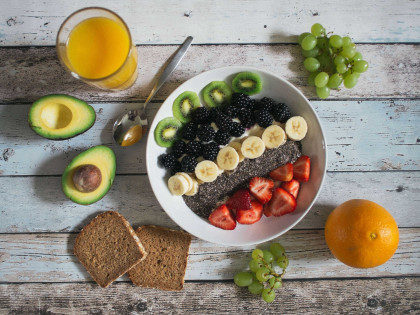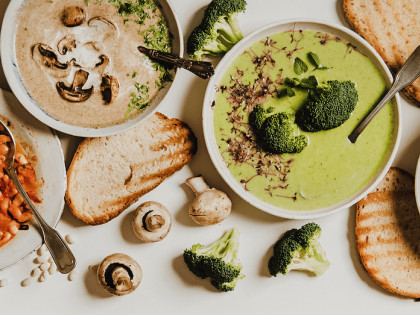What is Irritable Bowel Syndrome?
Well... toilet talk never really makes for polite conversation, but considering April is IBS Awareness Month we’ll make an exception!
Irritable Bowel Syndrome (IBS) is one the most common gut disorders, impacting around 15% of the global population. It is a group of intestinal symptoms such as bloating, gas, diarrhoea, cramping and abdominal pain, that vary in severity and duration from person to person.
In Australia, IBS is actually the second most common cause of work absenteeism, and makes up a whopping 10% of all visits to the GP.
So if you suffer from diarrhoea, constipation, bloating, and are often bent over and in pain, then chances are you may have IBS.
Is it curable?
Unfortunately there is no cure for IBS, however it is manageable.
We know what you’re thinking - ‘no cure, well that’s a bit sh*tty’. Never fear, there are ways to relieve your symptoms!
- Talk to your doctor about treatment options
- Monitor your diet for trigger foods
- Talk to a dietitian about trialling a low FODMAP diet (for up to 8 weeks)
- Try lactose free options if dairy is a trigger
- Eat smaller portions more frequently
- Work with a dietitian to increase fibre amount and variety
- Try yoga or stretching
- For short term relief - apply heat using a heat pack or hot water bottle
- Enjoy a soothing tea i.e. peppermint, ginger
I think I have IBS, what should I do now?
If you suspect you have IBS, have a chat to your doctor or dietitian about ways you can relieve your symptoms, and get tested for any other possible conditions i.e. coeliac disease.
In the meantime, keep an eye on your symptoms to see if you notice any patterns or trigger foods.
You can also Find an APD who specialises in IBS to help you achieve gut health and symptom relief, using personally tailored, evidence based advice.













